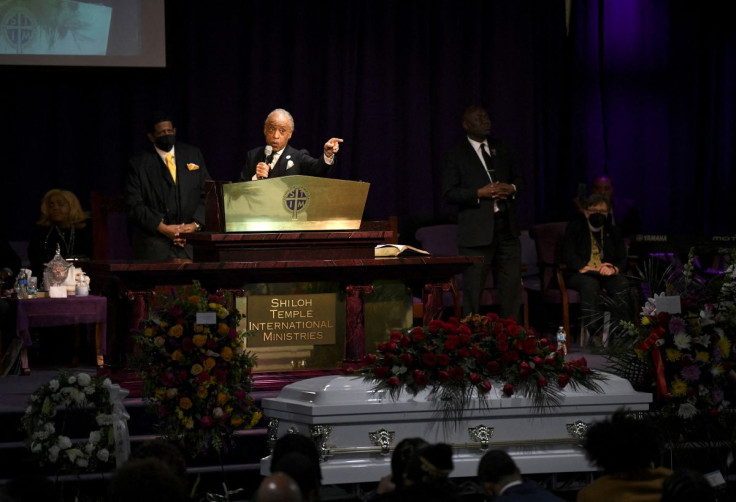Hundreds Set To Gather In Minnesota To Mourn Amir Locke, Killed By Police In No-knock Raid

Hundreds of people are expected to gather on Thursday to mourn Amir Locke, a Black man killed by law enforcement in a Minneapolis apartment during a no-knock raid, the latest in a series of killings to spark outrage over police treatment of racial minorities.
The Rev. Al Sharpton, the prominent civil rights activist, will deliver a eulogy for Locke after a public viewing at a church in Minneapolis, a metropolitan area where two high-profile killings of Black men attracted national attention in the past two years.
The service for Locke will take place at Shiloh Temple International Ministries, the same church where Daunte Wright, shot and killed during a traffic stop in a nearby suburb, was memorialized in April 2021.
Wright's death came about a year after the killing of George Floyd, who died when a Minneapolis police officer used his knee to pin Floyd's neck to the ground in May 2020. Floyd's death, captured on a video that went viral, sparked a summer of protests over racial injustice across the United States and abroad.
The circumstances around Locke's fatal encounter with police mirrors that of Breonna Taylor, a 26-year-old Black woman who police fatally shot during a raid on her Kentucky apartment. Taylor was not the subject of that no-knock search warrant.
In Locke's case, he was shot and killed by police who obtained a no-knock warrant to search the apartment as part of a homicide investigation. He was not named in the warrant.
Days after his death on Feb. 2, police released video footage of the raid. It showed Locke holding a gun as he twisted beneath a blanket on a sofa after being roused by officers. Police say he pointed the gun at officers before they opened fire. Locke's family disputes that.
Protests in downtown Minneapolis have drawn hundreds of demonstrators demanding justice and a ban on no-knock warrants.
Activists at the protests said Locke had a right to possess a weapon in his own home and was never given the chance to disarm himself in the chaotic moments as police stormed into his apartment without warning.
Minneapolis Mayor Jacob Frey has placed a moratorium on such searches and some state lawmakers are seeking to enact legislation to limit them.
© Copyright Thomson Reuters {{Year}}. All rights reserved.





















